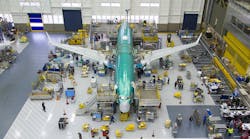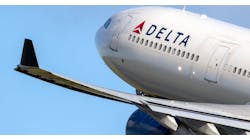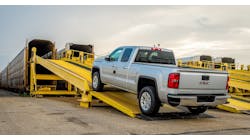A Federal Aviation Administration “expert panel” issued a report on its year-long review of safety programs and practices at Boeing Co., identifying 27 particular problems and offering 53 recommendations for addressing them.
The FAA notified Boeing that within six months it should review the panel’s recommendations and develop an action plan that includes a milestone-based approach to address each recommendation.
“Boeing should then share that action plan, including implementation dates with the FAA. Successful adoption of the recommendations is expected to improve the level of safety provided by Boeing to its workforce, operators, and the public,” according to FAA.
The study was initiated in March 2023 and examined information dating back to 2009. It notably does not concentrate on the recent failure of a side panel on an Alaska Airlines flight of a Boeing 737 MAX 9 jet. Since that incident, FAA has installed dozens of inspectors on site at Boeing’s 737 MAX assembly plant in Renton, Wash., and at Spirit AeroSystems’ fuselage assembly plant in Wichita, Kan., to establish the scope of the structural safety problems on the MAX aircraft.
FAA’s expert panel was focused on Boeing’s aircraft design and production during the period when the 737 MAX and 787 Dreamliner aircraft entered into production and commercial operation.
In its next phase of activity the panel will work with Boeing to implement its recommendations.
“We will continue to hold Boeing to the highest standard of safety and will work to ensure the company comprehensively addresses these recommendations,” according to the executive summary attached to FAA’s statement.
The FAA noted that Boeing’s safety management systems are in compliance with international and federal guidelines, but that these SMS’ have not been entirely or effectively implemented.
Specifically, among the problems that FAA panel identified at Boeing is “a disconnect between Boeing’s senior management and other members of the organization on safety culture.” It stated that expert panel observed “inadequate and confusing implementation of the five components of a positive safety culture (Reporting Culture, Just Culture, Flexible Culture, Learning Culture, and Informed Culture).”
The panel also identified “additional issues at Boeing that affect aviation safety, which include inadequate ‘human factors’ consideration commensurate to its importance to aviation safety, and lack of pilot input in aircraft design and operation.






